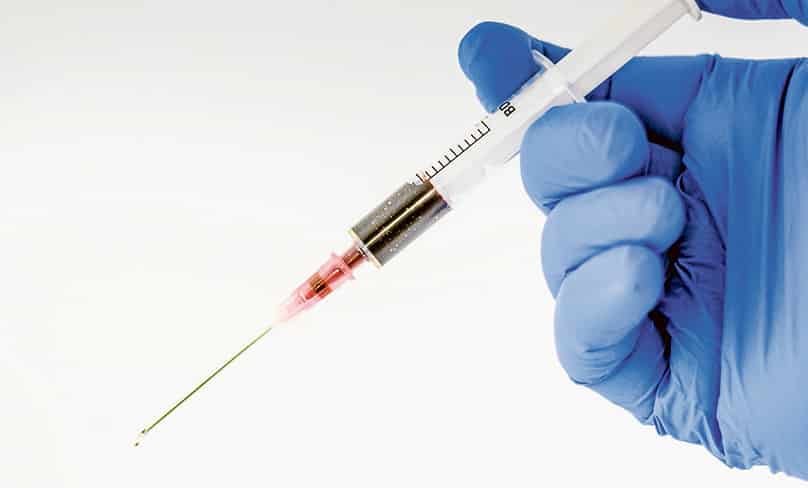
Victorian hospitals struggle to find doctors willing to kill patients on eve of assisted suicide law
With just a week to go until the implementation of Victoria’s Voluntary Assisted Dying Act 2017, Melbourne’s largest health care providers were struggling to find specialists willing to administer voluntary assisted suicide and euthanasia.
Unlike Victoria’s abortion laws which force all doctors to cooperate with abortion, the assisted dying legislation provides an ‘opt-in’ mechanism.
Doctors and health care providers can choose from three levels of engagement: the provision of full service including the administering of the lethal 100ml dose (described as Pathway A), partnership and consultation (Pathway B) or the provision of information only (Pathway C).
Across the state, only 89 out of nearly 15,000 general and specialist doctors, have viewed the mandatory training, a six-hour online video training module from Victoria’s Department of Health and Human Services (DHHS).
However the figure may not be representative. One Melbourne-based oncologist who did not want to be named told The Catholic Weekly: “This does not mean that 89 have completed the training, it only means that 89 have logged into the Department’s website.”
Meanwhile, although not opposed to the provision of assisted suicide, Monash Health, Victoria’s largest public health care provider, has elected to take a “partnership approach” for the time being, meaning that it will not administer assisted suicide due to the lack of uptake on the part of doctors.
Out of Monash’s 2,700 doctors only 15 have so far expressed an interest in being involved. Two qualified doctors are required for the provision of assisted suicide.
In an inter-departmental presentation at the Monash Clayton campus on 23 May staff were told that, “If we do not have a medical practitioner [by the time the legislation comes into force], then we will access the services provided by the Department of Health and Human Services”.
Dr Anjali Dhulia, the Executive Director of Medical Services and Chief Medical Officer of Monash Health, told Monash healthcare doctors and staff that relatively few of their institution’s doctors were expressing interest in providing assisted suicide.
Few healthcare doctors expressed interest in providing assisted suicide
“For most organisations there aren’t a huge number of practitioners saying they would be willing to fill either of these roles, but there are a few,” Dr Dhulia said.
Northern Hospital Epping, a major community hospital with approximately 400 beds serving Melbourne’s northern suburbs, is having trouble providing even B-level engagement.
St Vincent’s Catholic Hospital has declared it will not be providing assisted dying at all. Austin Health, however, an umbrella organisation for four Victorian public healthcare institutions, will fully administer assisted suicide.
The attached Austin Health Pharmacy is the centralised pharmacy authorised to mix and dispense the lethal 100ml dose to end a person’s life.
Austin Health covers the Austin Hospital in Heidelberg, the Heidelberg Repatriation Hospital, the Royal Talbot Rehabilitation Centre in Kew and the Olivia Newton-John Cancer Wellness and Research Centre.
Bendigo’s public hospital, which serves approximately 200,000 people in central regional Victoria, is still endeavouring to provide Level C engagement.

Another palliative care specialist who did not want to be named told The Catholic Weekly that while there were “a few” palliative specialists in Victoria that would agree to assisted suicide, it is “by no means a consensus”.
“The government has gone with those few people to say this is something that palliative care is on board with, but that’s not my experience,” he said.
He said that among palliative care specialists there was a sense of “apathy”, as the legalisation of assisted suicide had been presented to them as a fait accompli.
Prof Margaret Somerville, Professor of Bioethics at the University of Notre Dame who has followed the global spread of voluntary assisted suicide and euthanasia for four decades, told said the reluctance was not surprising.
“[Doctors] don’t want to be involved in it. It’s totally antithetical to the Hippocratic tradition of medicine,” she said.
Several Victorian doctors and healthcare workers approached by The Catholic Weekly said they believe some doctors agree with assisted suicide in principle but are unwilling to do it in practice.
Related stories:
